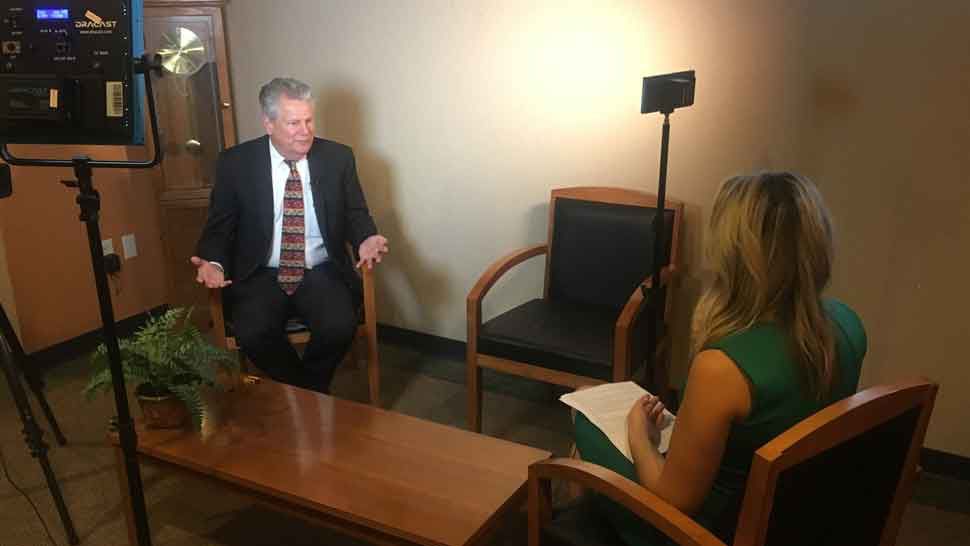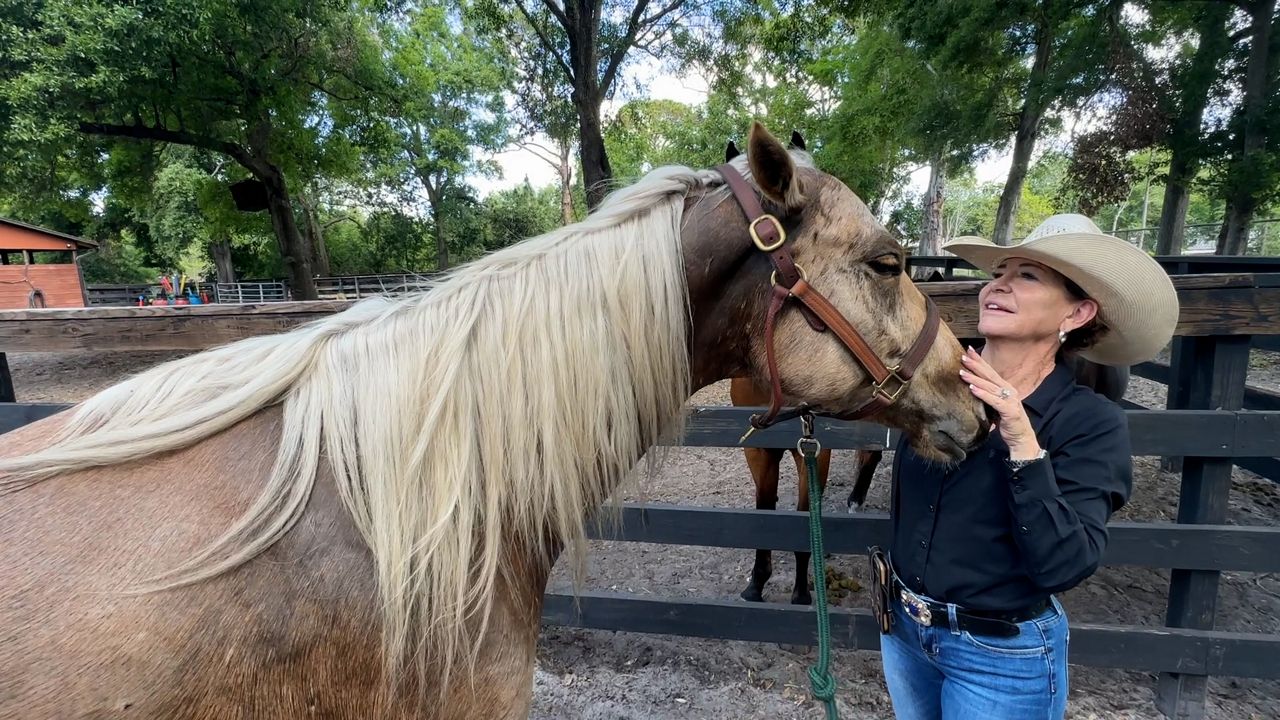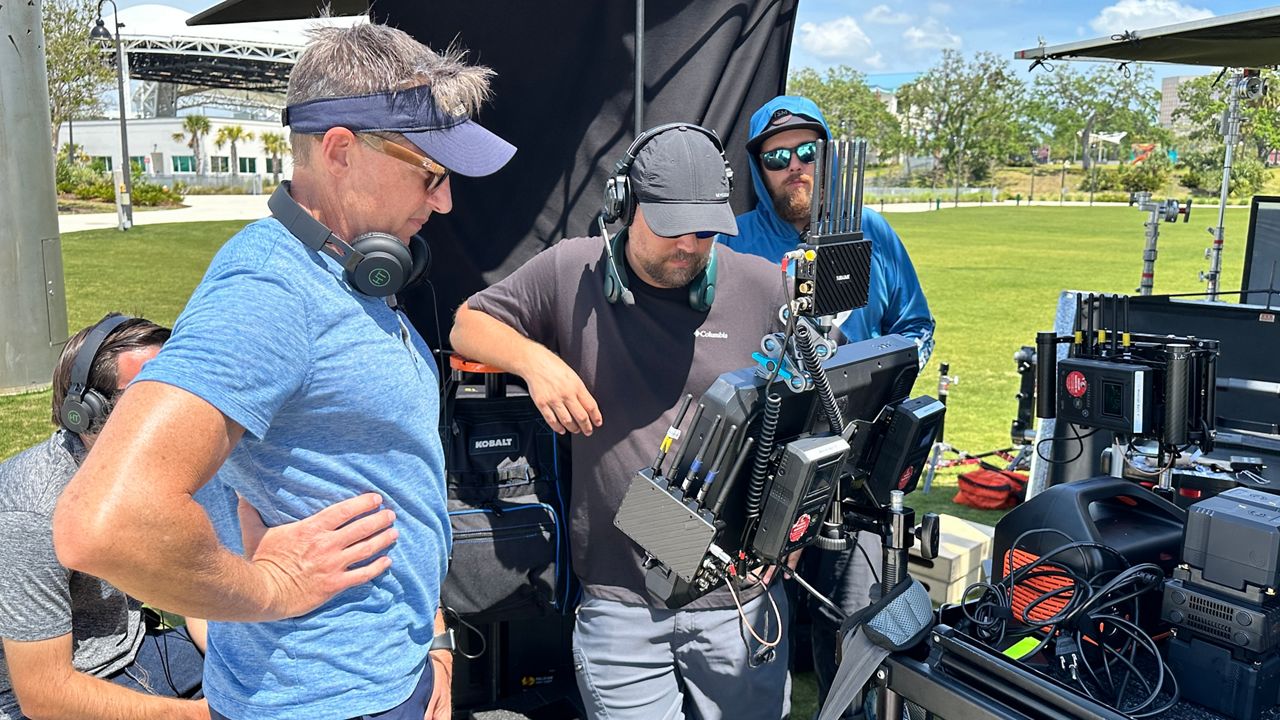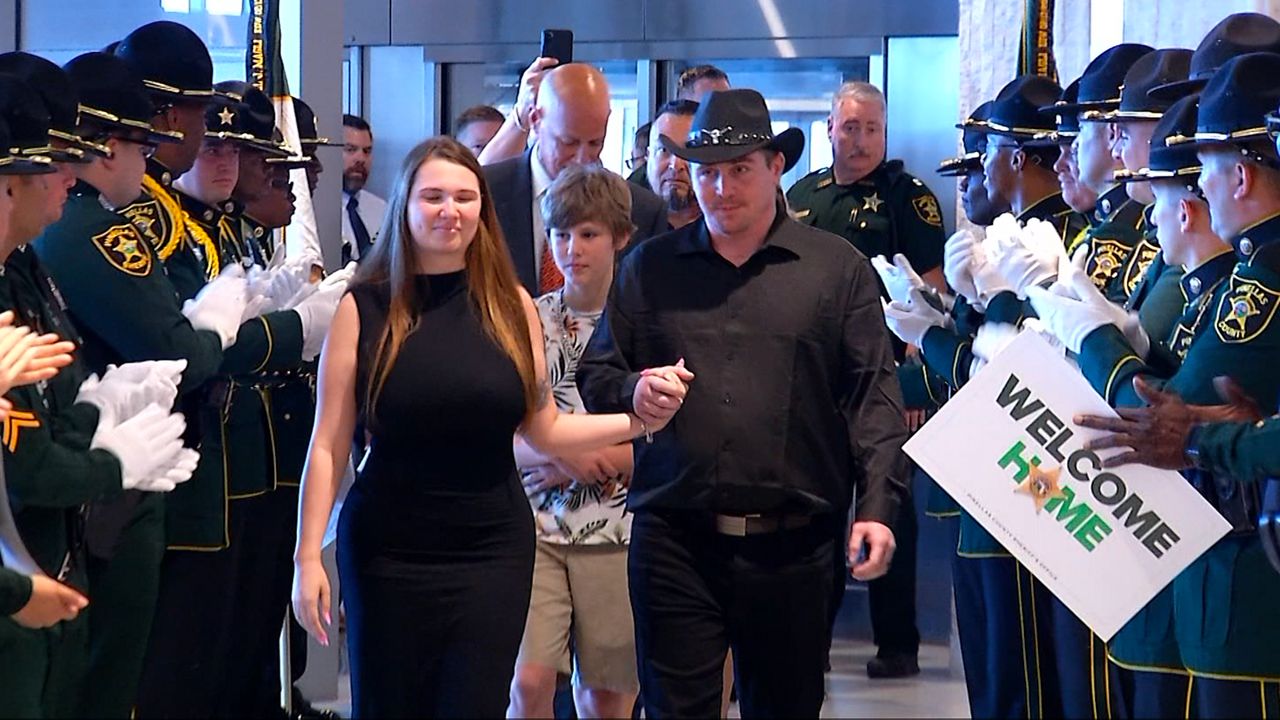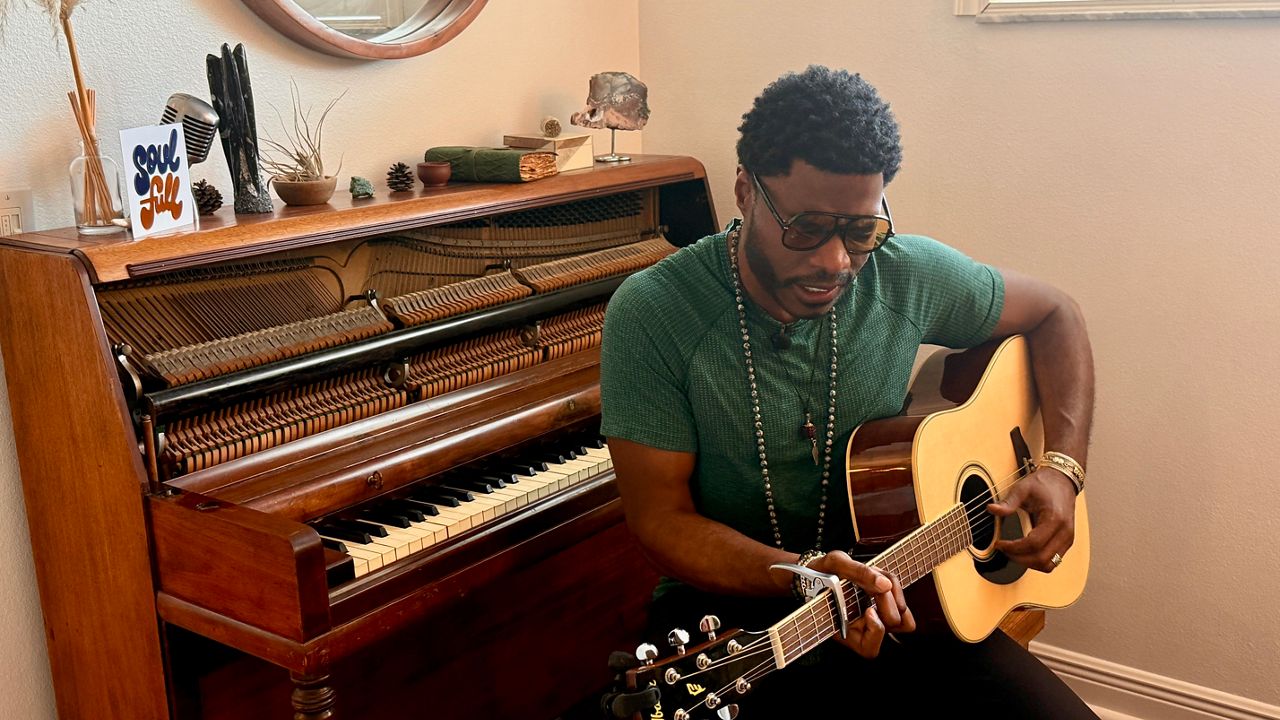PINELLAS COUNTY, Fla. — Eckerd Connects hopes to secure more funding from the state this year to care for children in the foster care system.
- Agency currently allocated $45 million
- Currently caring for 3,000 children statewide
- In past 3 years number of children in system increased by 35 percent
- More Pinellas County stories
Currently, they are allocated $45 million a year, and they are caring for 3,000 children.
In the last three years, the number of children who need care has increased by 35 percent.
“Every one of these kids and families need a lot of time and attention to make sure that we’re taking notice of what’s going on, that we’re paying attention to everything," said Chris Card, Chief of Community Based Care at Eckerd Connects. "But we don’t have the resources to do it with every case.”
Needs continue to evolve
Twenty years ago, the amount the state would give to Eckerd Connects was decided. Since then, the needs for children have changed and more kids have entered the system.
“We told the state at the time that we would take the money that they are currently spending in each community and use that money with community-based care so we could compare performance,” said Card.
He says they were successful in helping children over the years, but they need more money now to provide the care each child deserves.
“The last three years, we’ve gotten over 35 percent increase in kids coming into the system, and we haven’t gotten 35 percent more funding. So we are in a situation where we’re overwhelmed,” said Card.
Where the money goes
When you break down their funding, it equals about $15,000 per child per year. Card says that’s not enough money.
Comparing their funding to Miami-Dade County’s, Card says their system is allocated more than double what Pinellas-Pasco gets, and they have fewer children.
To be clear, Card doesn’t believe Miami-Dade County should get less money, but he does think the Pinellas-Pasco system needs more.
“We need more case managers, we need more support workers, we need more therapists, we have no money to do any of that, so what we have to do is the best job we can with the resources we have,” said Card.
Currently, each case manager oversees on average 22 children at a time.
Eckerd Connects is asking lawmakers to provide $15 million more per year so they can properly help each child.
Jordan Belliveau case: "Emotionally devastating"
We also spoke with Card about Jordan Belliveau’s case.
Eckerd Connects was the lead agency overseeing his case when he was in foster care for more than a year. A few months before his death, he was reunified with his mother.
Police say Charisse Stinson killed him in 2018, then dumped his body in a wooded area in Largo.
“It’s emotionally devastating. It also causes us to rethink everything we’re doing,” said Card.
Since Jordan’s tragic death, Eckerd Connects has made changes to their policies. One of those policies is their staffing meetings, where everyone involved in a case meets to discuss what’s been happening in that child’s life.
“In [Jordan's] case there was too much time in between some of those communications,” Card said.
"Sometimes things fall through the cracks"
Since then, they retrained all of their employees on how to effectively have those conversations.
Card said in the weeks and days before Jordan’s death, no one involved in his case raised a red flag that the toddler could have been in crisis.
“Everybody knew there were issues, things that needed to be taken care of, but at the time nobody said, 'we have to act now,'” said Card.
But Card says the agency was moving towards taking action in the case and possibly removing the child, because Stinson was showing signs of not being able to care for Jordan anymore.
“It becomes very challenging to keep up with everything, and it’s not a surprise that sometimes things fall through the cracks,” said Card.




